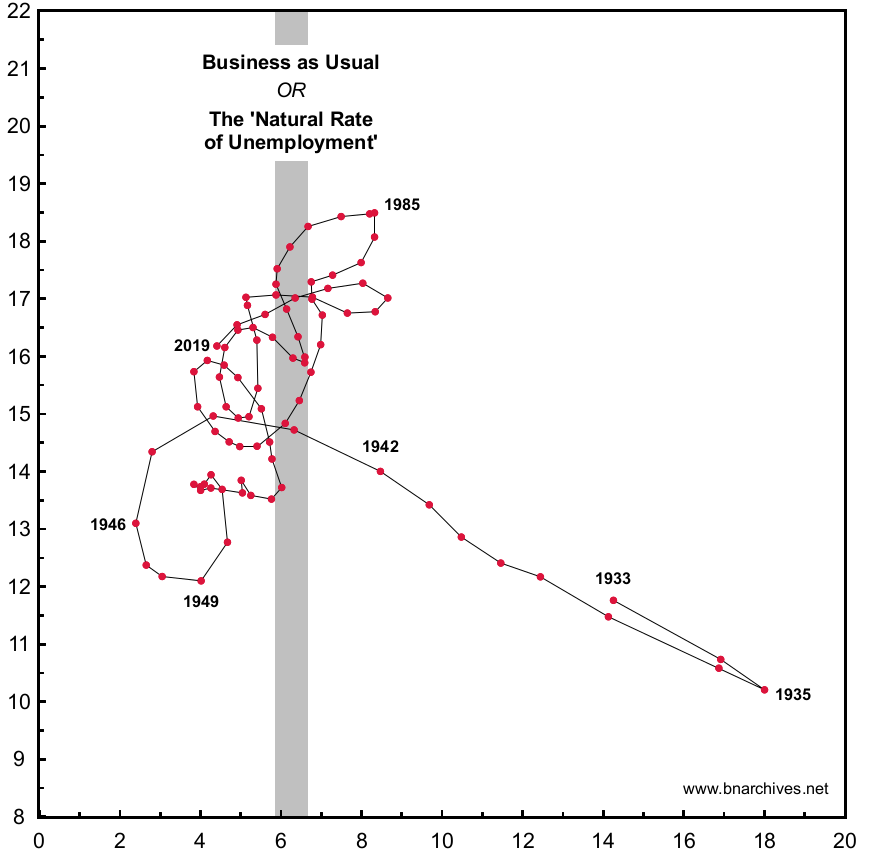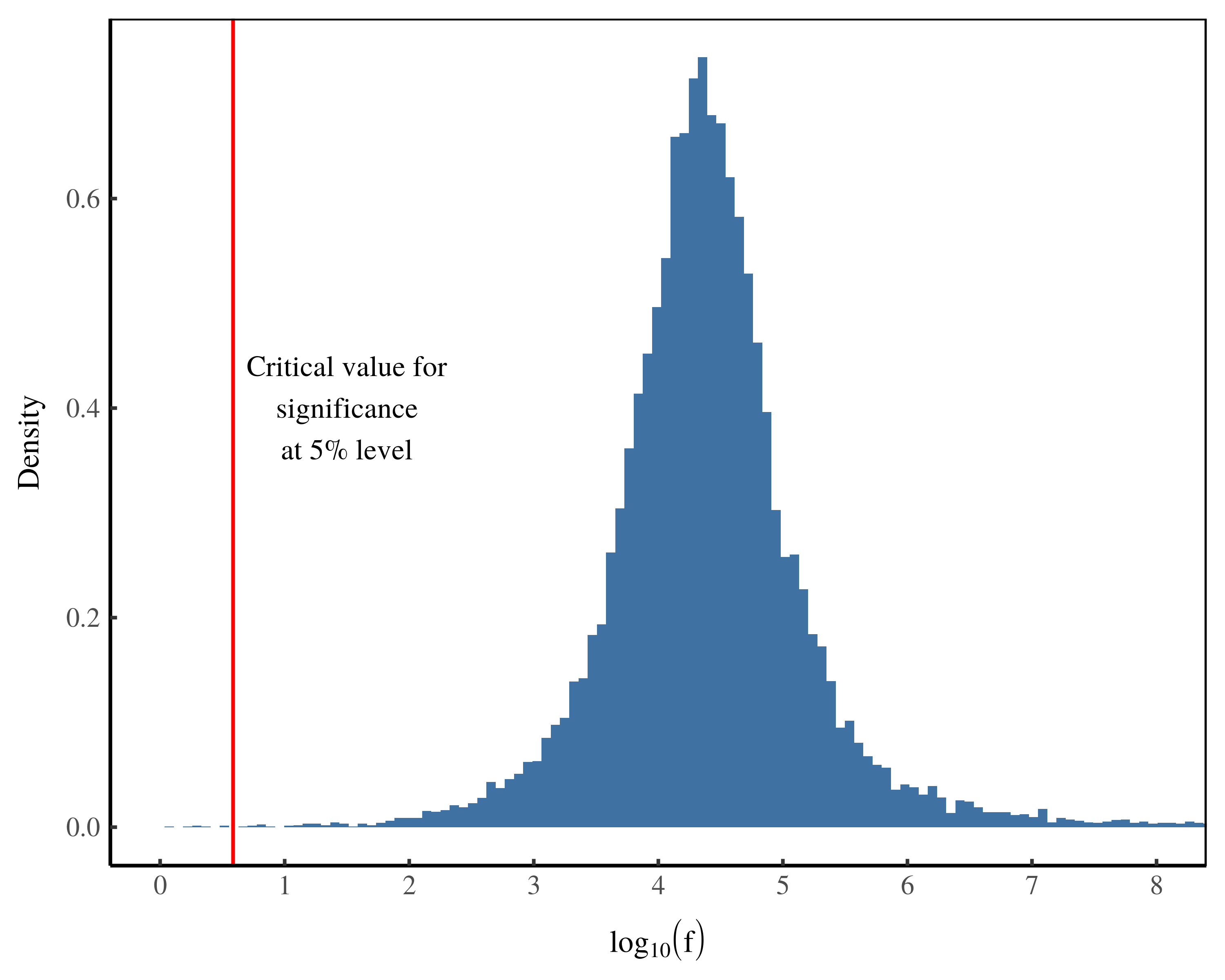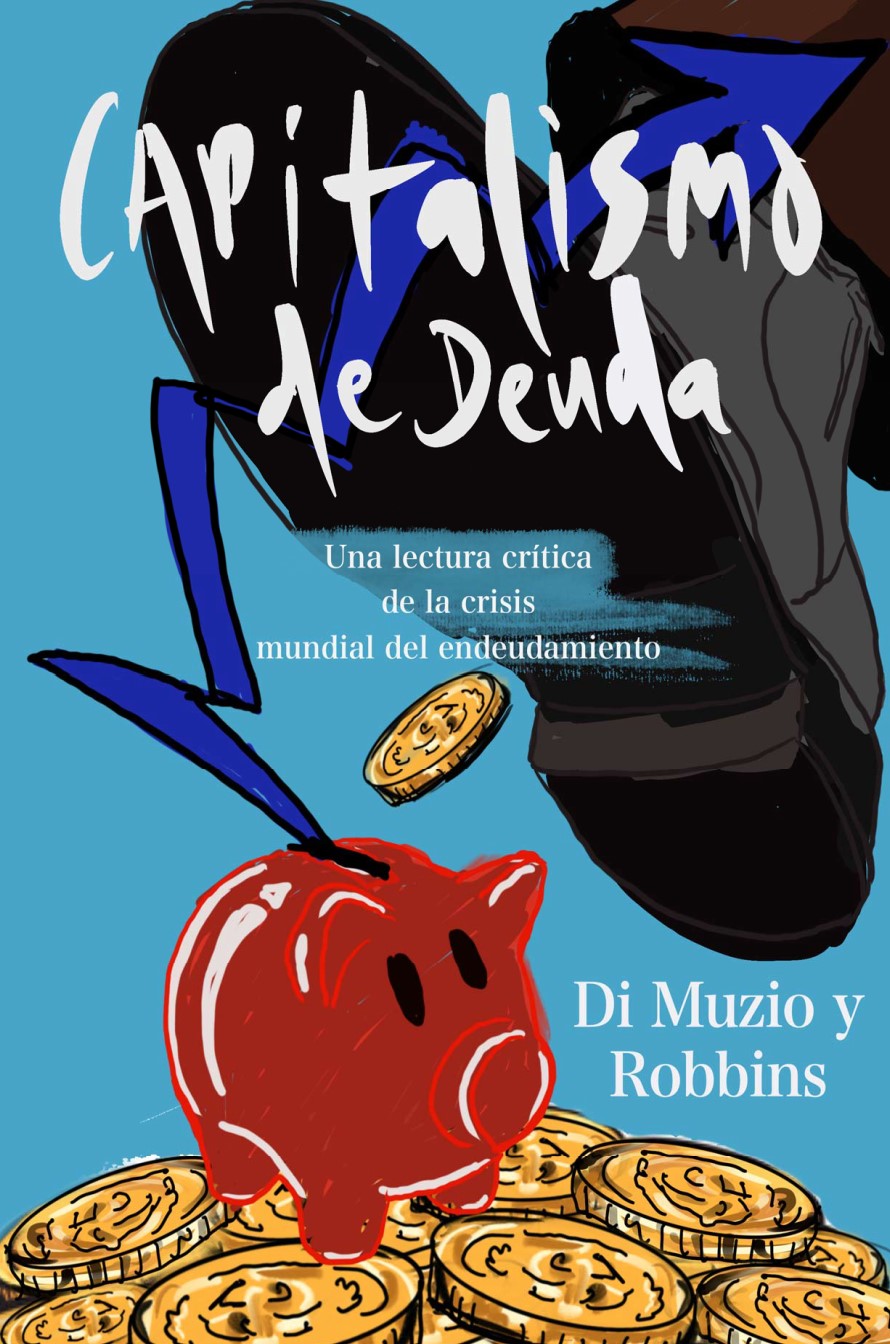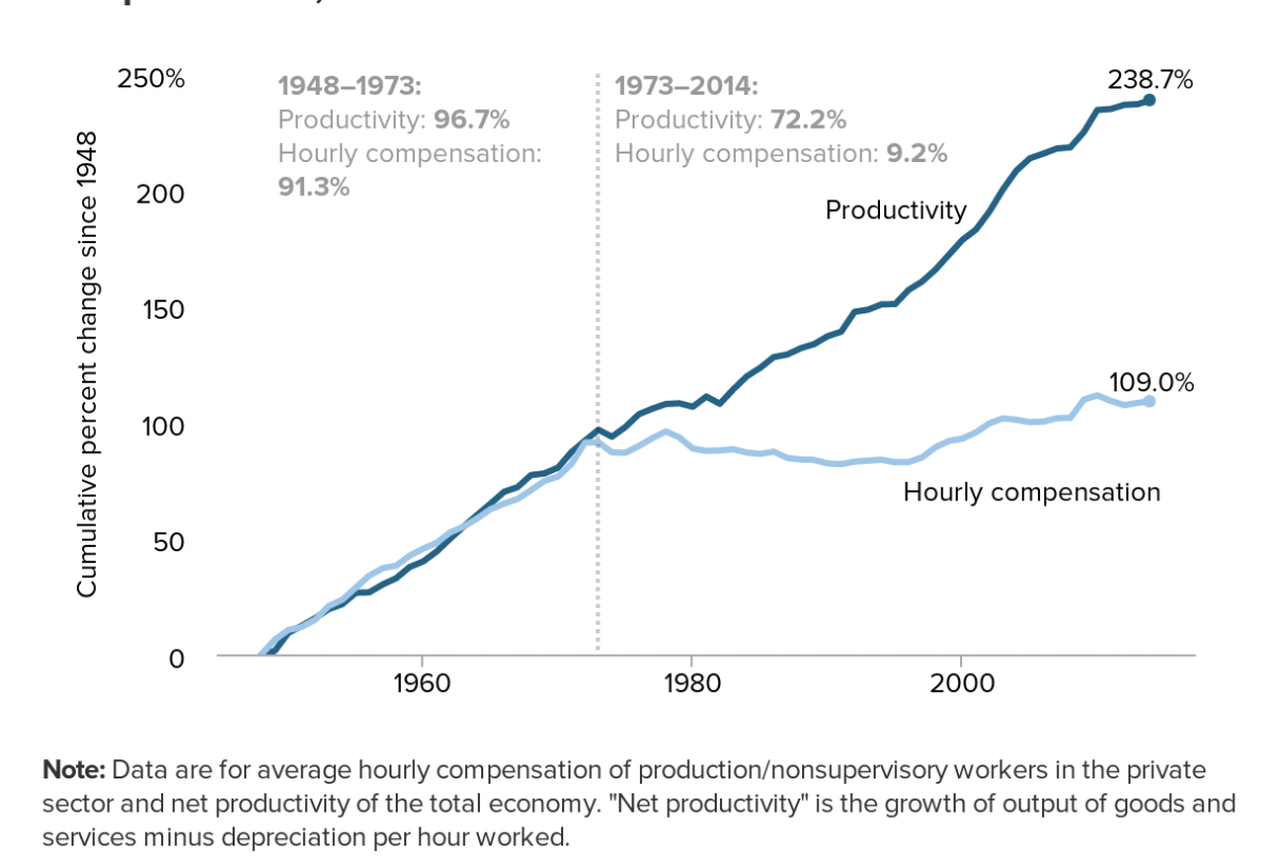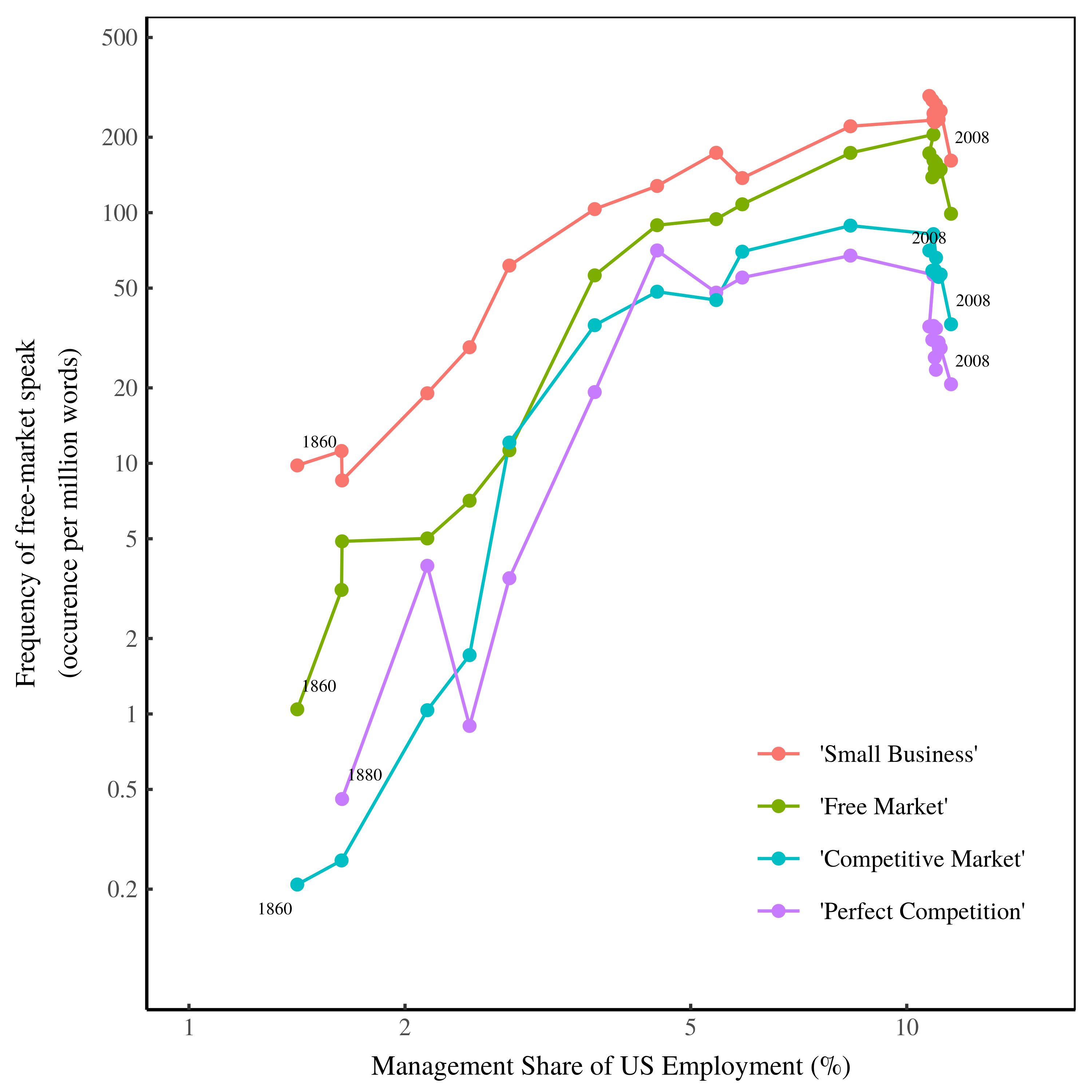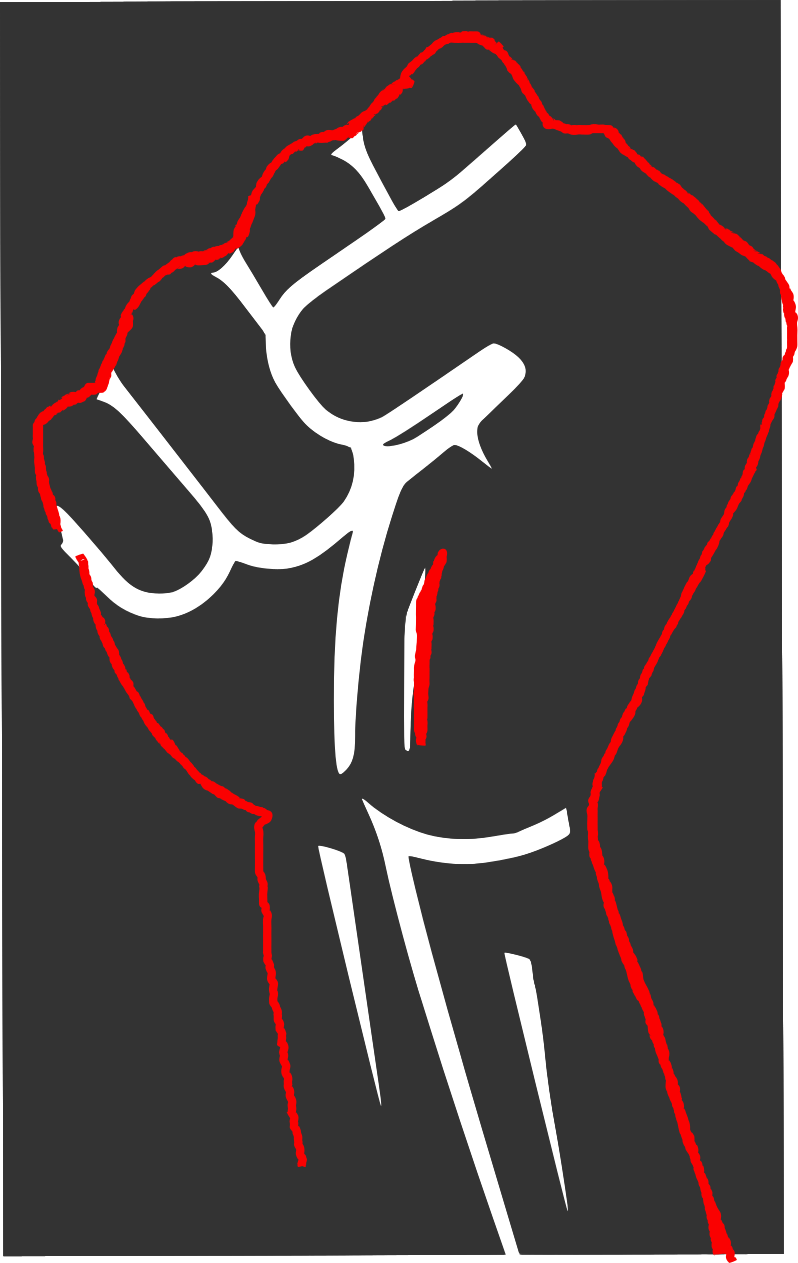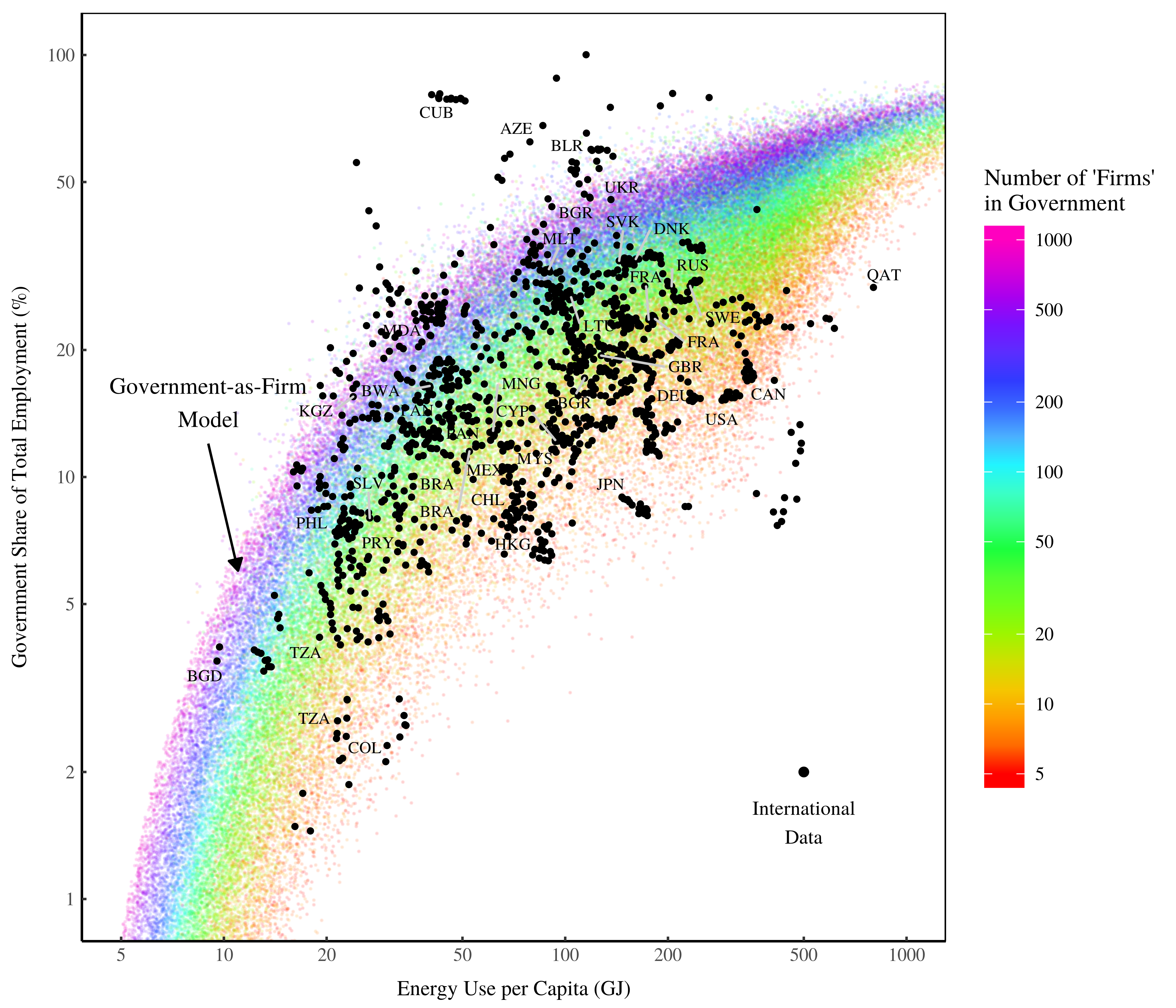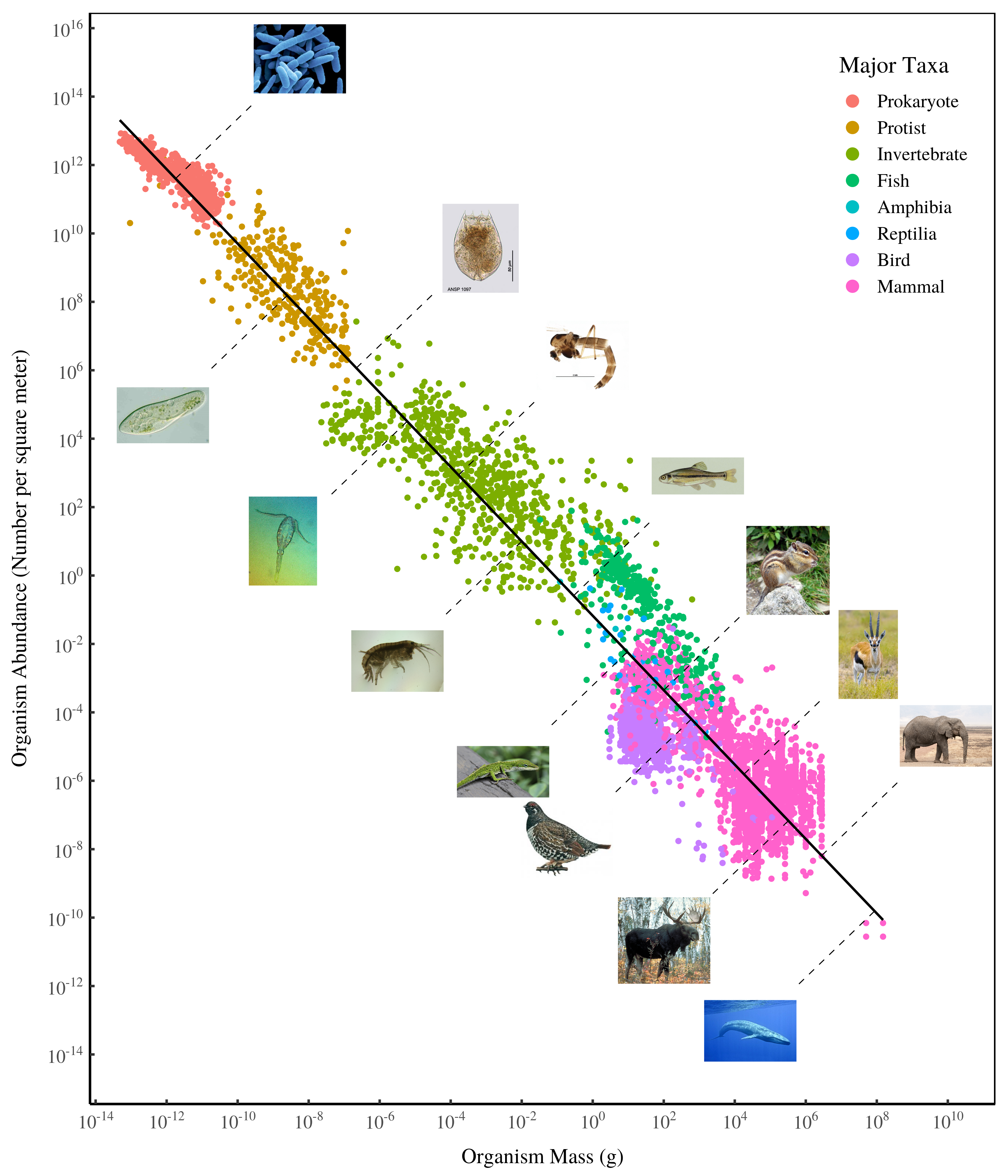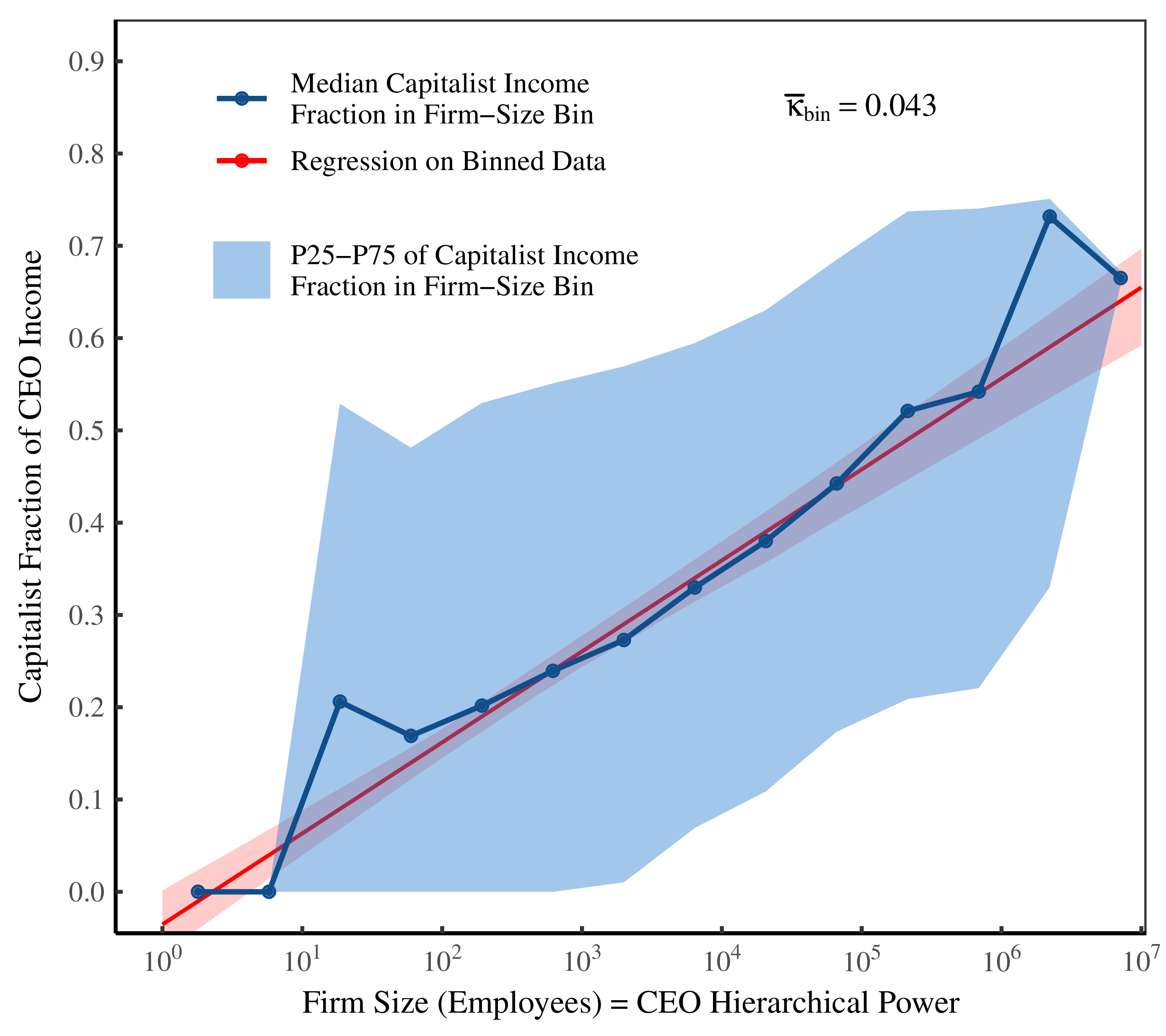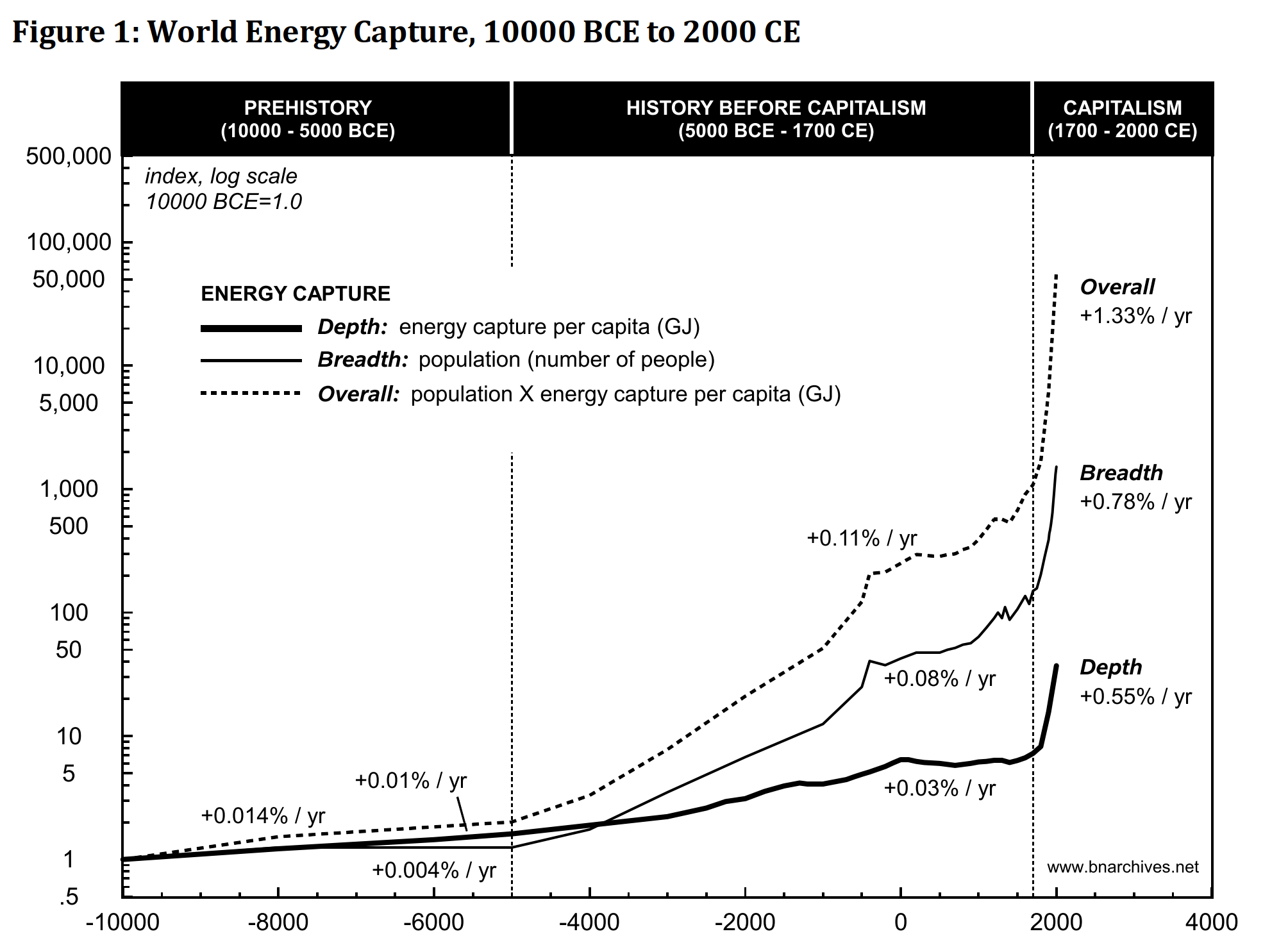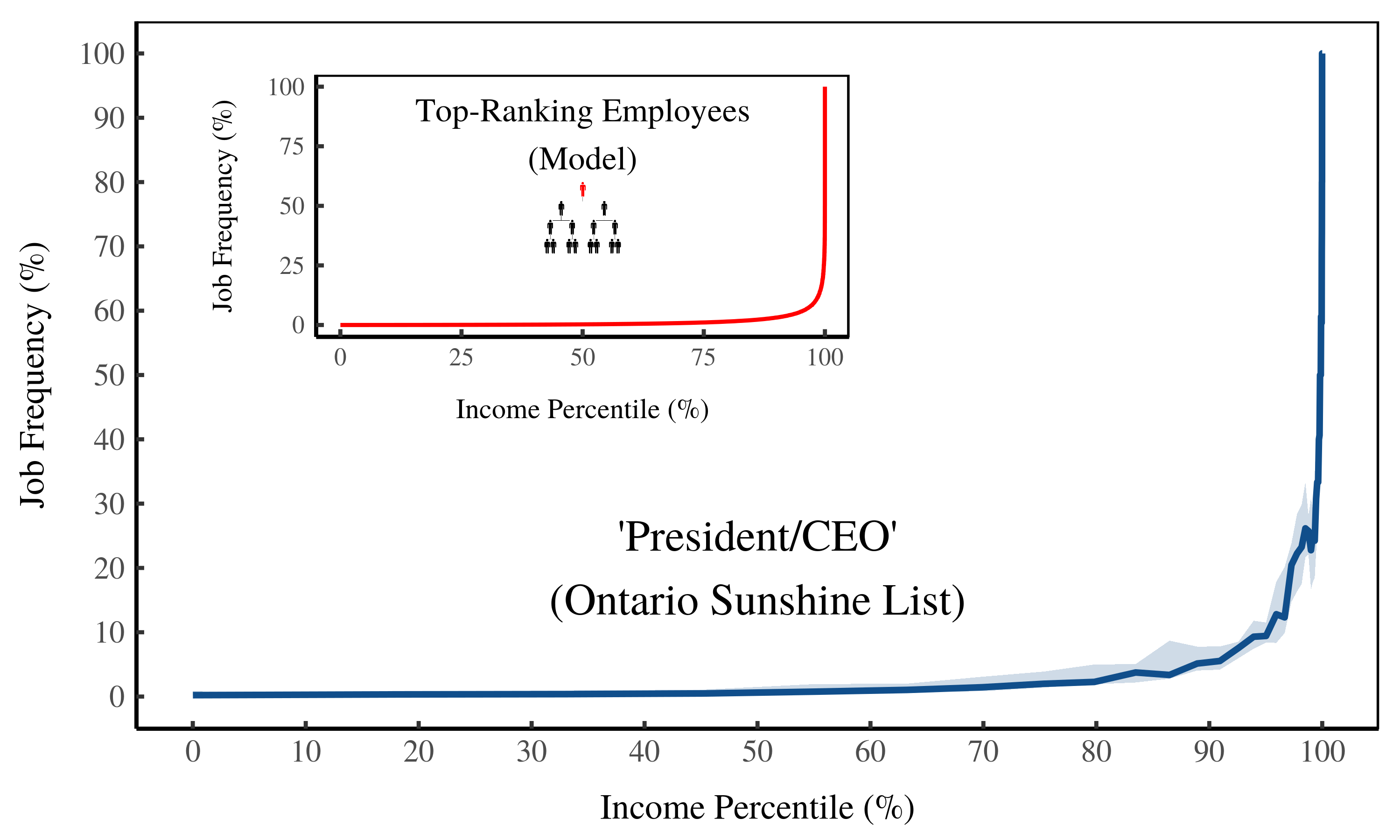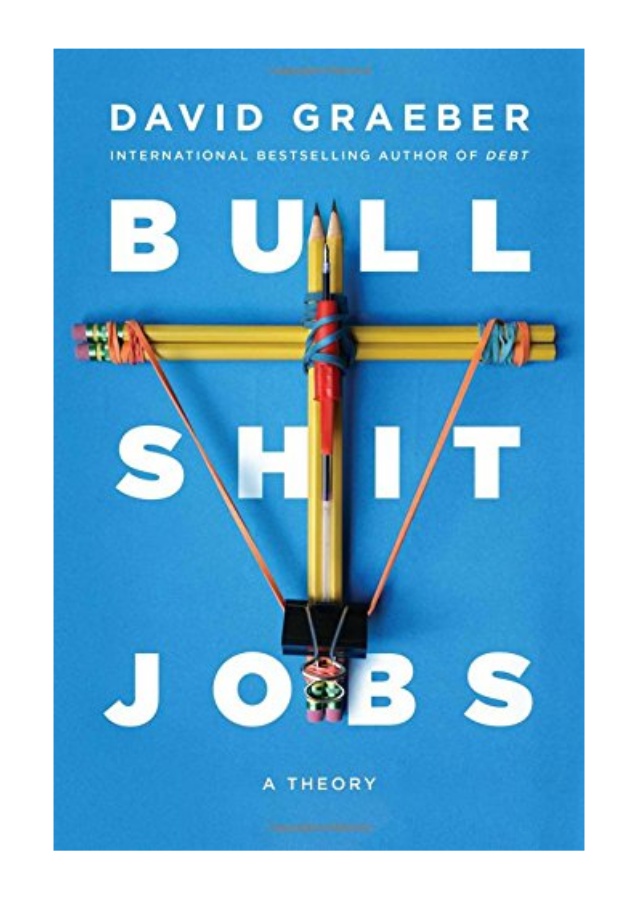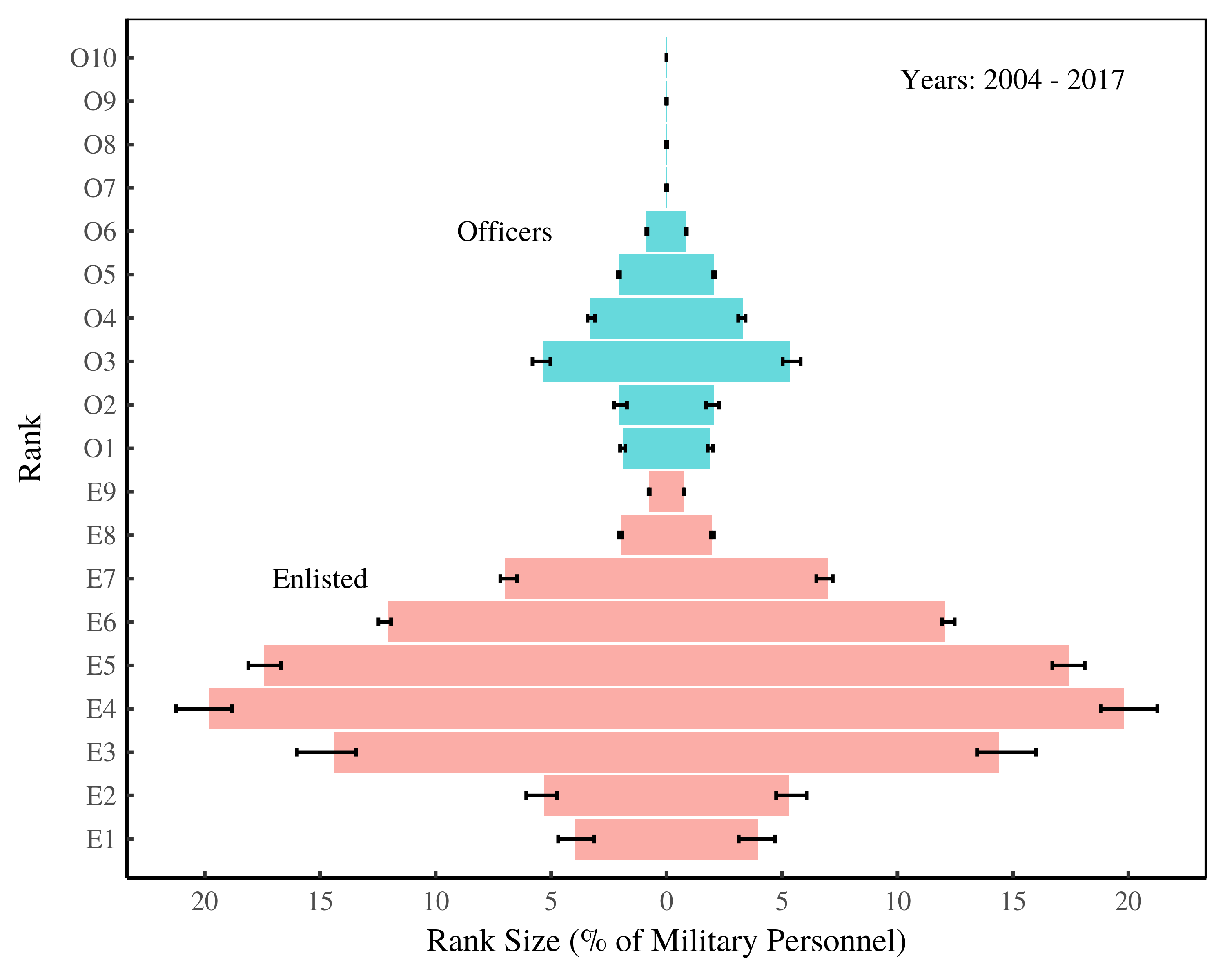Abstract Until the late 2000s, our work focused primarily on why capitalism should be understood as a mode of power. We argued that capital itself is a form of organized power and researched how capitalists sustain, defend and augment their capitalized power. We called our approach ‘capital as power’ – or CasP, for short. But […]
Continue ReadingProductivity and Income … Again
Originally published on Economics from the Top Down Blair Fix Today I’m going to revisit a topic that a month ago I committed to stop writing about — the productivity-income quagmire. Neoclassical economists argue that income is proportional to productivity. The problem is that they have no way of measuring productivity that is independent of […]
Continue ReadingDi Muzio & Robbins, ‘Capitalismo de deuda’
Abstract Capitalismo de deuda es un esfuerzo por descifrar cómo la tecnología de la deuda se ha convertido en uno de los mayores obstáculos para las aspiraciones democráticas y racionales de la sociedad moderna. Richard Robbins y Tim Di Muzio muestran que la deuda, entendida como una tecnología de poder, es un engranaje insertado en […]
Continue ReadingDebunking the ‘Productivity-Pay Gap’
Originally published on Economics from the Top Down Blair Fix Have you heard of the ‘productivity-pay gap’? It’s the (apparently) growing gap between the productivity of US workers and their pay. Here’s what it looks like: In this post, I debunk the ‘productivity-pay gap’ by showing that it has nothing to do with productivity. The […]
Continue ReadingThe Free Market as a Double Lie
Originally published on Economics from the Top Down Blair Fix As social animals, humans live and die by the success of our groups. This raises a dilemma. What’s best for the group is often not what’s best for individuals within the group. If you’re surrounded by a group of trusting individuals, it’s best for you […]
Continue ReadingThe Challenges of Doing Revolutionary Science (Part 2)
Originally published on Economics from the Top Down Blair Fix In this two-part post, I’ve been reflecting on the challenges of doing revolutionary science. (See Part 1 here.) I’ve argued that revolutionary science — the practice of questioning the core principles of an accepted theory — is difficult for a simple reason. To do it, […]
Continue ReadingThe Challenges of Doing Revolutionary Science (Part 1)
Originally published on Economics from the Top Down Blair Fix Science is miraculously improbable. To work, it must fight against a deep human instinct — our desire to conform. As social animals, humans are built to do as others do. Why? Presumably because it’s advantageous. In our evolutionary past, conformist groups beat out non-conformist groups. […]
Continue ReadingWhat if the Government is Just Another Firm? (Part 2)
Originally published on Economics from the Top Down Blair Fix Governments are different than firms, right? Perhaps not. In Part 1 of this series, I argued that when it comes to size, governments behave like they’re ‘just another firm’. In this post, I’m going to extend the evidence. I’ll first show you that as economies […]
Continue ReadingWhat if the Government is Just Another Firm? (Part 1)
Originally published on Economics from the Top Down Blair Fix Originally published on Economics from the Top Down. I have a confession. I’m a political economist by trade, but I spend most of my time reading outside my discipline. I read about physics, cosmology, biology … the list goes on. Basically, if it’s not political […]
Continue ReadingFix, ‘How the Rich Are Different: Hierarchical Power as the Basis of Income Size and Class’
Abstract This paper investigates a new approach to understanding personal and functional income distribution. I propose that hierarchical power — the command of subordinates in a hierarchy — is what distinguishes the rich from the poor and capitalists from workers. Specifically, I hypothesize that individual income increases with hierarchical power, as does the share of […]
Continue ReadingPower and Price Construction in Capital as Power
D.T. Cochrane Abstract Perhaps the most contentious concept in Nitzan and Bichler’s power theory of value (CasP), is that of power itself. The contention is rightly placed. The concept has a long, complicated history and its widespread use within the social sciences is a problematic one, in part because its meaning is often taken for […]
Continue ReadingDifferential Taxation: The Case of American Banking
Mladen Ostojić Abstract This paper maps an empirical history of corporate profit and taxation in the United States, with a special focus on the differential profit and taxation of banks relative to other corporations. An examination of these trends reveals a striking anomaly within the American banking sector: from the early 1980s until the financial […]
Continue ReadingBichler and Nitzan, ‘Growing Through Sabotage’
Growing Through Sabotage Energizing Hierarchical Power SHIMSHON BICHLER and JONATHAN NITZAN June 2020 Abstract According to the theory of capital as power, capitalism, like any other mode of power, is born through sabotage and lives in chains — and yet everywhere we look we see it grow and expand. What explains this apparent puzzle of […]
Continue ReadingUnderstanding Income: You Can’t Get There from Here
Originally published on Economics from the Top Down Blair Fix You can’t get the right answer when you ask the wrong question. This truism, I’ve come to believe, explains much of what is wrong with economics. When it comes to studying income, economists ask the wrong question. Economists, I argue, have mostly asked: is income […]
Continue ReadingKvachev, ‘Unflat Ontology: Essay on the Poverty of Democratic Materialism’
Abstract The paper is dedicated to the problem of flat ontology in philosophy and its relation to the practice in economy. The author argues that flat economy is based on a marginal utility theory of value and presents hierarchical value chains with concentration of power-capital as if they were flat and all the actors involved […]
Continue ReadingHow Do You Spot a Crank?
Originally published on Economics from the Top Down Blair Fix I confess that I have a recurring nightmare. In it, I realize that everything I’ve ever written about economics is wrong. Neoclassical economics is not, as I’ve repeatedly claimed, a pile of bullshit. In this nightmare, neoclassical economics is correct. And as a strident critic […]
Continue ReadingSome Sunshine on the Ontario Job Hierarchy
Originally published on Economics from the Top Down Blair Fix Income, I’ve come to believe, is shaped largely by rank within a hierarchy. If you’re at the top of a hierarchy, you’ll earn a handsome sum. But if you’re at the bottom of a hierarchy, you’ll earn a pittance. As a hard-nosed scientist, I’m always […]
Continue ReadingDeath Anxiety and the Political Economy of Power
Originally published at sbhager.com Sandy Hager THINKING ABOUT DEATH I’ve been thinking a lot about death recently. No, it’s not something that came about because of the global pandemic and my new daily ritual of checking graphs on COVID-19 death tolls around the world. It started a few years back when I became interested in […]
Continue ReadingThe Productivity of Bullshit Jobs
Originally published on Economics from the Top Down Blair Fix I recently read David Graeber’s book Bullshit Jobs: A Theory. If you’re not familiar, David Graeber is the anthropologist who wrote Debt: The First 5000 Years, a seminal book on the history of money and credit. In Bullshit Jobs, Graeber takes aim at pointless work. […]
Continue ReadingThe Power Ethos in the US Military
Originally published on Economics from the Top Down Blair Fix In How Hierarchy Can Mediate the Returns to Education I examined the pay structure of the US military. I found that hierarchical rank is (by far) the strongest determinant of military pay. Here I want to show you that there is a regularity to military […]
Continue Reading
